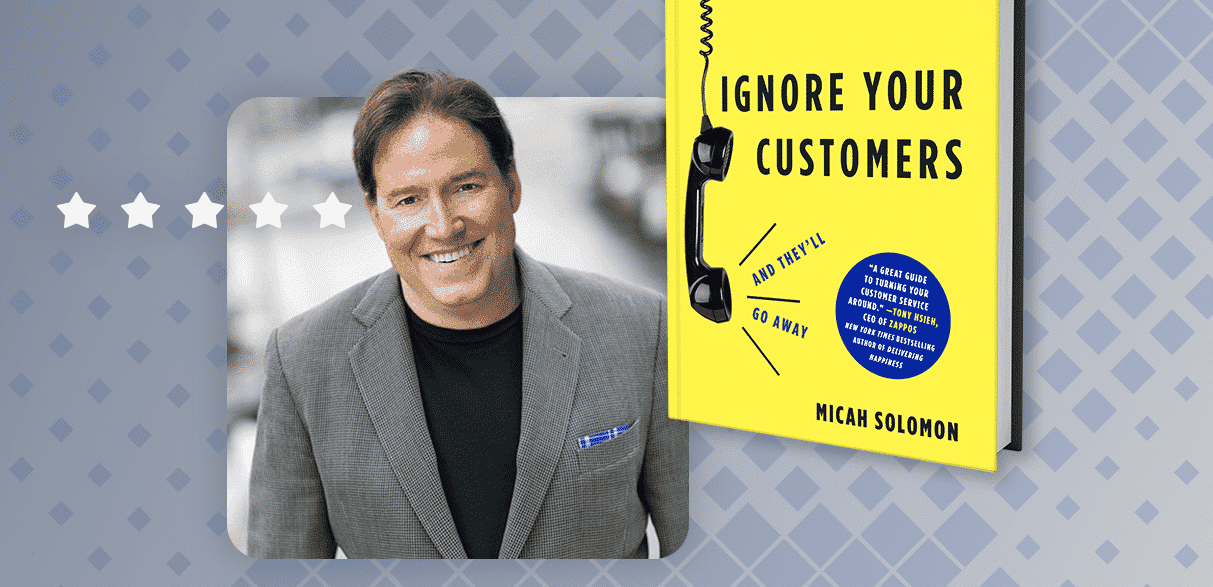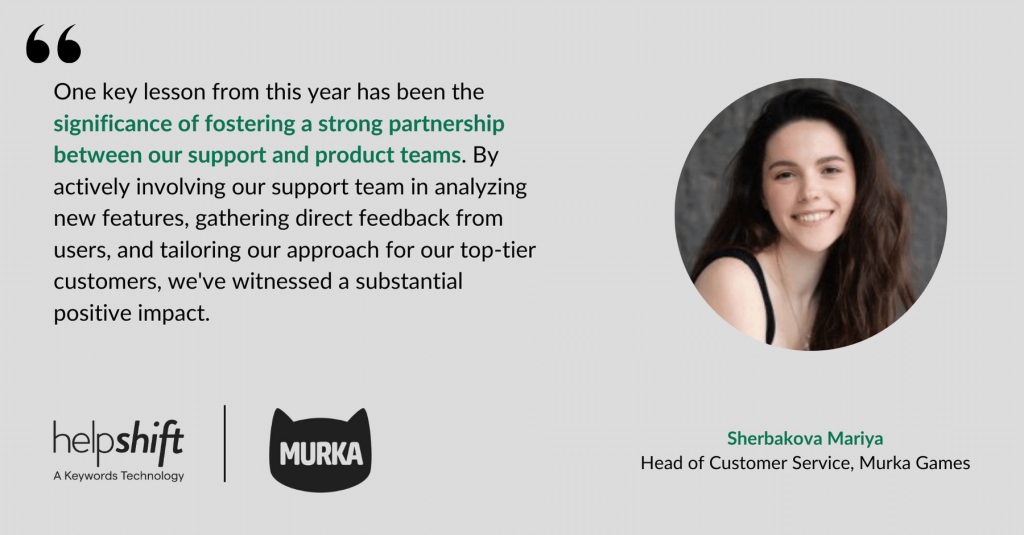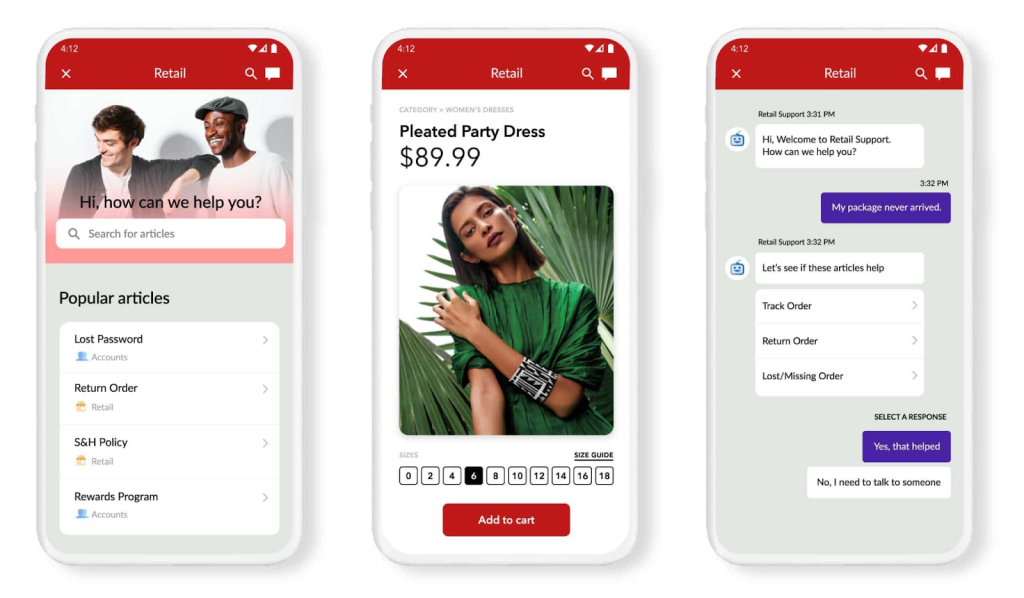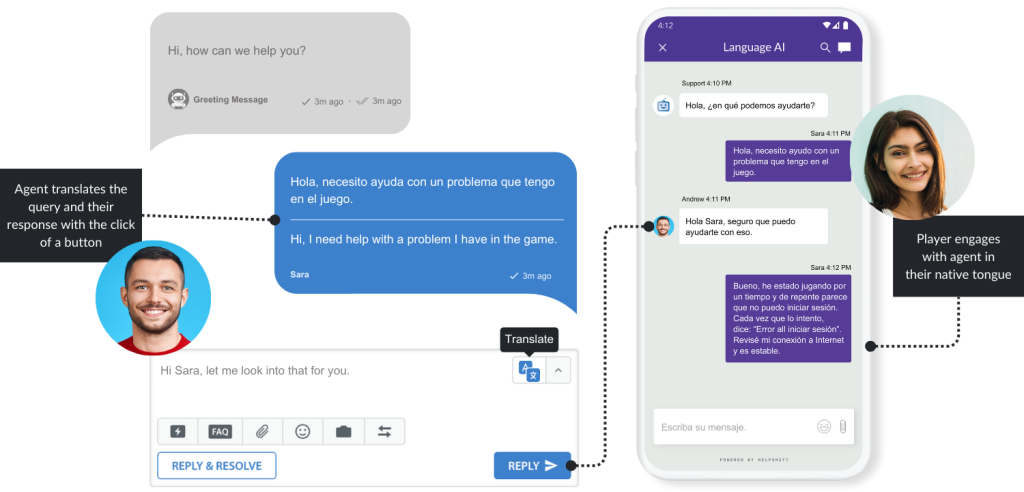Inc. Magazine recently crowned Micah Solomon as the world’s #1 customer-service turnaround expert. But what exactly does that mean? I decided to go straight to the source.
Solomon is a customer service consultant, customer service turnaround expert, keynote speaker, trainer, and bestselling author of five books. His latest, Ignore Your Customers (and They’ll Go Away): The Simple Playbook for Delivering the Ultimate Customer Service Experience, is full of anecdotes and advice from companies he’s worked with or studied, including The Ritz-Carlton Hotel Company, Drybar, Nordstrom, CHROME Bank, Cleveland Clinic, and more.
In a recent conversation, Solomon revealed to me what companies in 2020 are doing to turn around their flagging customer-service organizations and get customer service on track in a time of heightened customer expectations.
[JH] First things first. What exactly does it mean to be a customer-service turnaround expert?
[MS] Companies come to me when they want to transform or refresh their customer service. Sometimes, these are companies that once had a great relationship with their customers, but as they grew, those relationships started to weaken. I look at what was different in those early golden days and often find that they’re not taking the same kinds of care they did earlier on.
Another trigger that causes companies to bring me in is competitive pressure. Customers’ expectations have become elevated because of excellent competition out there in all sorts of industries. So I’ll also work to bring clients up to the latest expectations of their customers.
[JH] IWhat are some of the challenges you encounter when advising brands on their customer service?
[MS] A serious challenge of turning around an organization’s level of service is if the employees don’t trust that management is serious about improving things. One thing I’ll work on is trying to convince management to actually empower employees to do the very best job for their customers.
But it’s easy to say “You guys are empowered.” To really be successful you also need to celebrate an employee who uses their empowerment in creative ways to help a customer, rather than giving them a hard time because a phone call took too long or you had to comp a FedEx bill, or whatever it is.
[JH] Empowering employees sounds like a simple thing, but it can actually be kind of difficult. Front-line employees don’t always have the big picture of the customer experience in mind because they’re often handling a siloed part of that experience.
[MS] Yes, but that’s the benefit of making sure they’re empowered to do the right thing. You don’t just hand them all the power without training them on the central purpose of your organization, which will then guide them in how to use their new empowerment.
Also, once you’ve revamped your customer service, and built your new, fledgling customer service culture, one force that will sustain it is positive peer pressure. Once it becomes clear that “the way we do things around here” is in favor of the customer, then you’ve won the battle. An employee’s peers will be there to keep them on the right track, largely by leading by example.
Think about an Apple store. Most people hired by Apple are not only technically knowledgeable but are also excited about the product. That doesn’t happen by accident. It happens through hiring and training. Once that’s in place, positive peer pressure takes over, because new employees, or employees who are having a tough start to their day, will see that the way to act in an Apple store is as someone who is serious about getting the customer what they need.
[JH] You talk about “wow experiences” a lot in your book, Ignore Your Customers (and They’ll Go Away): The Simple Playbook for Delivering the Ultimate Customer Service Experience. Do you have any specific examples you can share?
Here’s one from Zappos. An employee took a call from a customer who had accidentally returned a purse full of her jewelry to Zappos, in a box she hadn’t meant to ship. The employee she spoke with on the phone not only located the returned box (and the jewelry) in their warehouse, he took it upon himself to get on a plane, showing up at the customer’s house around dinnertime. He rang the doorbell and handed her the box!
[JH] New subject — how do you see automation in AI transforming customer service?
The best way to think about and, ultimately, integrate AI into customer service is through what I call the triangular model. The customer is at one vertex of the triangle. AI or automation is at another. And the human agent is at the third. The customer can work directly with an agent or directly with automation, but that’s not the end of the story. For instance, if they start their conversation using a dynamic search bar or with a chatbot, then escalate their inquiry to a human, the automation stays in the picture. The human agent can continue to use it behind the scenes to give the best possible service.
But the agent may push automation back to the forefront in order to deliver a tracking number, for instance. Don’t consider automation to be an either/or scenario. It works synergistically with human support.
[JH] Thanks so much for this chat. Any last words on what customer service turnaround entails?
[MS] Providing a great customer experience is more important now than ever before because customer service has become the new marketing. In the olden days you could hire the genius marketers from Mad Men–well, their real-life equivalents–and they could sell anything. Today, customers are most interested in the customer experience that their friends, favorite online personalities, and other customers have had. That is truly your best form of marketing: getting the customer experience right.




